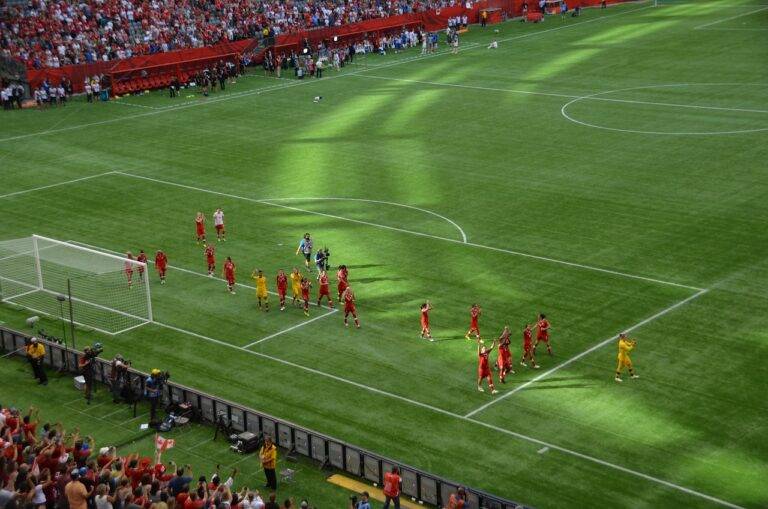Understanding the Role of Motivational Interviewing in IPL
betbhai9 com whatsapp number, playexch in live login, lotus365 vip login: The Indian Premier League (IPL) is one of the most popular and widely-watched cricket tournaments in the world. With teams comprising of top-notch international and local players, the IPL captivates millions of fans each year. However, behind the scenes, the success of teams in the IPL often hinges on more than just talent and skill on the field. Motivational interviewing plays a crucial role in shaping the mindset and performance of players in the IPL.
Understanding the Role of Motivational Interviewing in IPL
Motivational interviewing is a collaborative, person-centered form of guiding to elicit and strengthen motivation for change. In the context of the IPL, motivational interviewing is used by coaches and support staff to help players set and achieve their goals, overcome challenges, and perform at their best.
1. Building Trust and Rapport
One of the key aspects of motivational interviewing in the IPL is building trust and rapport with players. By creating a safe and non-judgmental environment, coaches can encourage players to open up about their concerns, fears, and aspirations. This helps in fostering a strong coach-player relationship, which is essential for effective communication and motivation.
2. Setting Meaningful Goals
Motivational interviewing helps in setting meaningful and achievable goals for players in the IPL. Coaches work with players to identify their strengths, weaknesses, and areas for improvement. By setting specific, measurable, attainable, relevant, and time-bound (SMART) goals, players are more likely to stay motivated and focused throughout the tournament.
3. Increasing Self-Efficacy
Self-efficacy, or the belief in one’s ability to succeed in specific situations or accomplish a task, is crucial for performance in the IPL. Motivational interviewing helps in increasing players’ self-efficacy by providing support, encouragement, and feedback. Coaches help players build confidence in their skills and abilities, which translates into improved performance on the field.
4. Enhancing Resilience
The IPL is a high-pressure tournament, with intense competition and media scrutiny. Motivational interviewing helps players in developing resilience and coping strategies to deal with setbacks and challenges. By focusing on building players’ mental toughness, coaches prepare them to overcome adversity and bounce back stronger.
5. Fostering Teamwork
Motivational interviewing is not just limited to individual players but also extends to the team as a whole. Coaches use motivational interviewing techniques to foster teamwork, collaboration, and communication among players. By creating a shared vision and goals, coaches ensure that the team works together cohesively towards success in the IPL.
6. Creating a Positive Environment
Lastly, motivational interviewing contributes to creating a positive and supportive environment within the team. By focusing on strengths, values, and motivations, coaches help players stay optimistic, motivated, and engaged throughout the tournament. This positive mindset not only enhances performance but also promotes team morale and unity.
FAQs
1. How is motivational interviewing different from traditional coaching methods?
Motivational interviewing is a collaborative and person-centered approach that focuses on eliciting motivation for change from within the individual. Traditional coaching methods may be more directive and prescriptive in nature.
2. Can motivational interviewing be applied to other sports besides cricket?
Yes, motivational interviewing can be applied to a wide range of sports and performance settings. It is a versatile and effective approach for enhancing motivation, goal-setting, and performance in athletes.
In conclusion, motivational interviewing plays a crucial role in shaping the mindset, motivation, and performance of players in the IPL. By focusing on building trust, setting meaningful goals, increasing self-efficacy, enhancing resilience, fostering teamwork, and creating a positive environment, coaches can help players reach their full potential and achieve success in the tournament.







